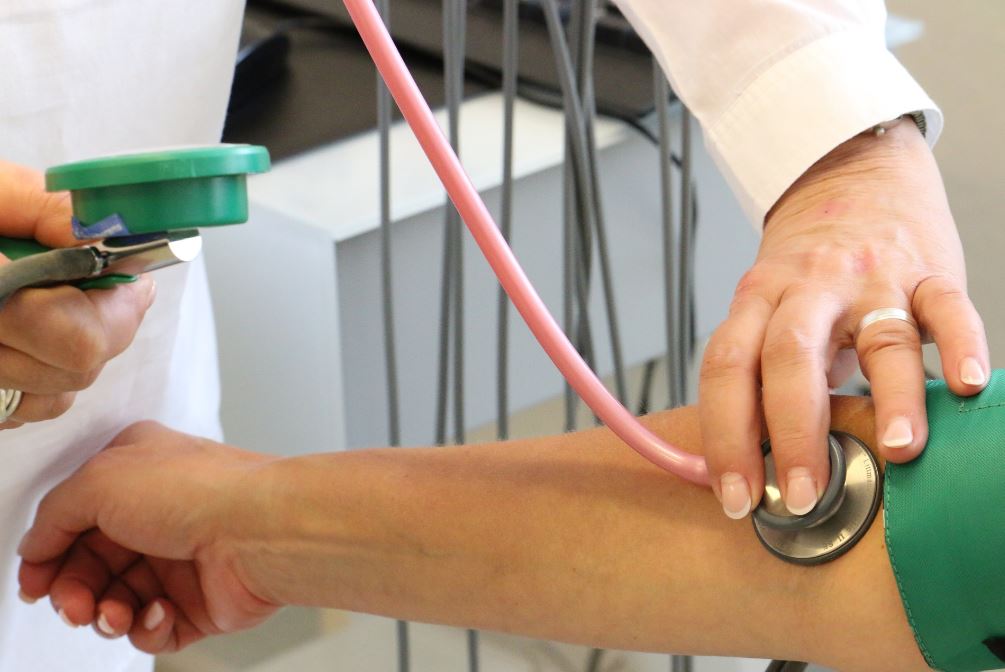
Even before the pandemic, access to safe abortion was unequal in South Australia. Now Flinders University researchers warn that delivery of high quality, safe abortion services faces another barrier after the long-awaited new abortion decriminalisation laws were introduced this month.
They warn more needs to be done to get GPs fully versed in understanding their role in making the new laws work, including seeking registration to prescribe medication.
“The new law allows for GPs to provide medical abortion directly, including via telehealth, but many GPs are not yet trained and registered to prescribe the medication and some may not yet understand their role in making the new laws work,” says Associate Professor Catherine Kevin, from Flinders University, who campaigned for the new laws.
“We hope the new laws will also make abortion safer and more accessible than it was during the earlier COVID-19 outbreaks and address some of the geographical inequities in provision.”

The Termination of Pregnancy Act 2021 passed the SA Parliament in an historic vote in March last year, ending decades of advocacy to remove abortion from SA’s criminal code. It allows abortion up to 22 weeks and six days’ gestation on the patient’s request, and after this time with the approval of two doctors.
South Australia was one of the last states in Australia to decriminalise abortion when it passed the Act, and the new laws were finally enacted 16 months later on 7 July 2022.
Flinders University researchers recently published an article in the International Journal for Crime, Justice and Social Democracy drawing attention to shortfalls in abortion services during the start of the COVID-19 pandemic.

When emergency powers legislation was invoked in SA to manage COVID-19, the SA Abortion Action Coalition ran a campaign in 2020 to lobby relevant ministers and the Chief Public Health Officer to use emergency powers to suspend aspects of abortion law to enable better and safer access to abortion services, in particular medical abortion via telehealth. The coalition was unsuccessful.
The article, When More is Less: Emergency Powers, COVID-19 and Abortion in South Australia, 2020 (2022) by Barbara Baird, Prudence Flowers, Catherine Kevin and Sharyn Roach Anleu published in the International Journal for Crime, Justice and Social Democracy DOI: 10.5204/ijcjsd.2236 asks why the needs of abortion patients and their healthcare providers were sidelined at the height of the COVID-19 lockdown in SA in early 2020.
“The pandemic amplified pre-existing limitations in the law but now we have the law and abortion is decriminalised, GPs must be advised on how to translate the law into better access for South Australians – no matter where they live,” Dr Kevin says.
“As new variants emerge, and COVID-19 continues to infect communities everywhere, this is more crucial than ever.
“In all, the rollout of the new abortion laws are long overdue, so we need to make sure it’s as seamless as possible and resources are adequate in all communities across the state.”

